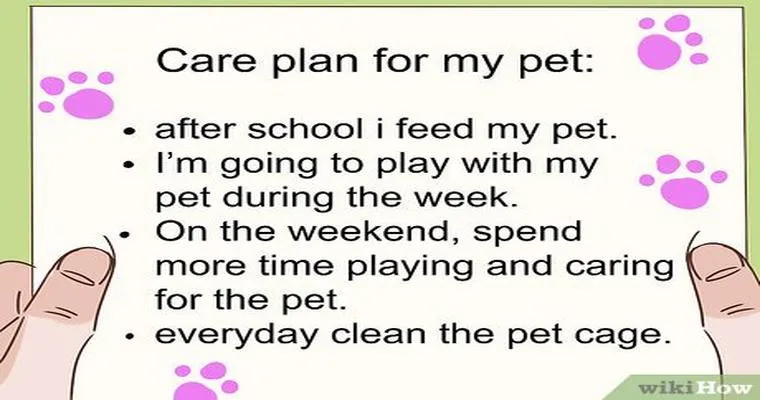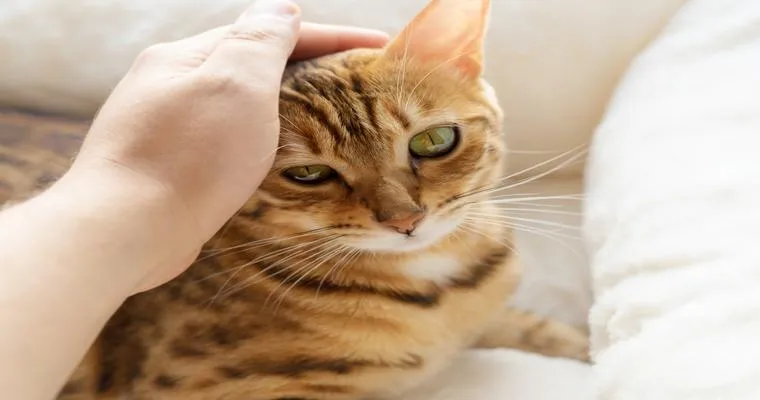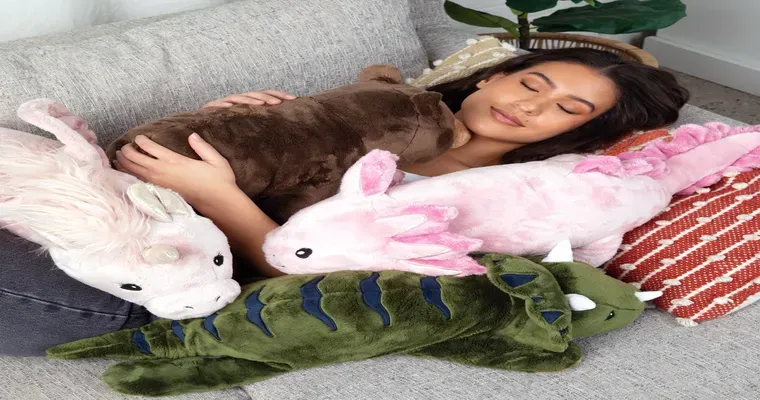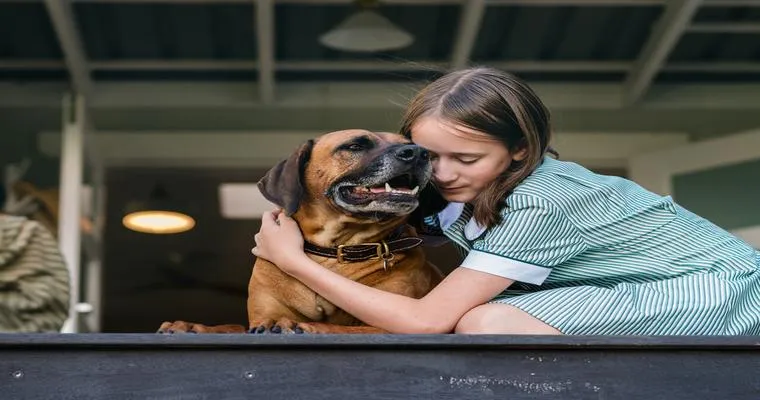Caring for a loved one with "dementia" can be a challenging experience, especially when introducing them to a pet like your 13 and a half year old "mini Pinscher". It is essential to ensure that both your mother and the dog have positive interactions to promote a safe and loving environment. In this article, we will explore effective strategies to help your mother engage with her furry companion while considering her cognitive limitations.
Understanding Dementia and Its Effects
"Dementia" affects memory, thinking, and communication skills. Individuals may struggle with recognizing faces, recalling names, or even remembering how to interact with others, including pets. Understanding these challenges is crucial to fostering a harmonious relationship between your mother and your mini Pinscher.
Creating a Safe Environment
Before introducing your mother to the mini Pinscher, make sure the environment is safe for both. Remove any potential hazards that could pose a risk to either party. Ensure that the dog has a comfortable space to retreat to, allowing him to feel secure during interactions. Provide clear boundaries so your mother understands where the dog can go and how to approach him.
Simple Instructions for Interaction
1. "Show and Tell": Start by demonstrating how to interact with the dog. Use simple, clear language. For example, say “Gently pet the dog’s back” while demonstrating the action. This visual example can help your mother understand the appropriate way to touch and engage with the mini Pinscher.
2. "Use Familiar Commands": If your dog knows basic commands such as “sit” or “stay,” encourage your mother to use these commands. Familiarity can help your mother feel more confident and engaged during interactions.
3. "Encourage Gentle Touch": Remind your mother to use soft, gentle movements when petting the dog. You could say, “Let’s pet him softly,” while guiding her hand to the appropriate area. This will reinforce the gentle approach needed for both the dog’s comfort and your mother’s understanding.
Positive Reinforcement
Use positive reinforcement to encourage your mother. Compliment her when she interacts successfully with the mini Pinscher. Phrases like “Great job petting him!” can boost her confidence and reinforce the behavior. Additionally, praise the dog for being calm and friendly, creating a positive association between interactions.
Set a Routine
Establishing a routine can be beneficial for both your mother and the mini Pinscher. Regularly scheduled times for feeding, walking, or simply spending time together can help your mother anticipate these moments and feel more at ease. Consistency can also make it easier for her to remember how to interact with the dog over time.
Monitor and Adapt
Always observe interactions closely. If you notice signs of distress in either your mother or the mini Pinscher, step in to separate them and calmly redirect the situation. Adapt your approach based on their reactions, and be patient as they learn to coexist.
Conclusion
Helping your 77-year-old mother with "dementia" interact with your 13 and a half year old "mini Pinscher" requires patience, understanding, and clear guidance. By creating a safe environment, providing simple instructions, using positive reinforcement, establishing a routine, and closely monitoring their interactions, you can foster a loving relationship between them. Remember, every small step toward successful interaction is a positive achievement that enhances their quality of life.





